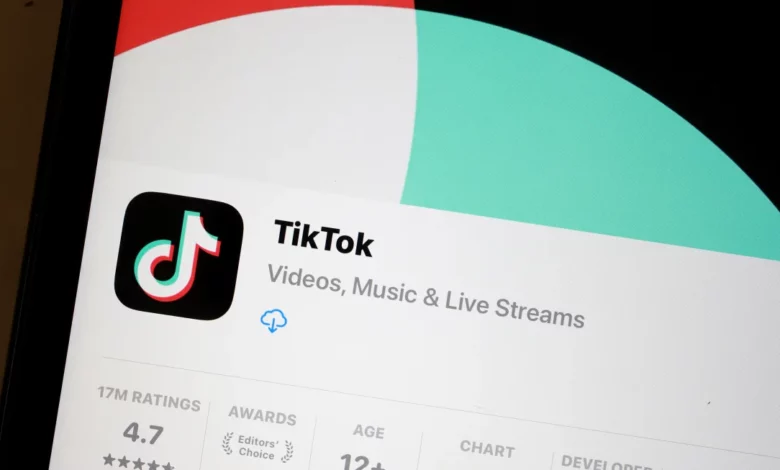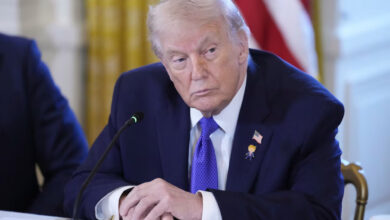
The lawsuit accuses TikTok and its parent company, ByteDance, of violating the Children’s Online Privacy Protection Act (COPPA) by allowing children to create accounts without their parents’ knowledge or consent. TikTok also collects and retains personal data from children, such as email addresses, phone numbers and location data, and fails to to comply with requests from parents to delete their children’s information, the suit alleges.
Friday’s lawsuit stems from a 2019 agreement between TikTok and the US Federal Trade Commission to settle allegations that it illegally collected personal information from children under the age of 13. The settlement required that the company take specific measures to comply with COPPA. The Justice Department claims that TikTok has continued to violate the law, as well as that 2019 court order.
Despite offering a “Kids Mode” for users under the age of 13, TikTok has still “knowingly allowed children under 13 to create accounts in the regular TikTok experience and collected extensive personal information from those children without first providing parental notice or obtaining verifiable parental consent,” according to the complaint, filed in district court in California.
The lawsuit marks the latest scrutiny of the popular short-form video app, which is also engaged in a legal battle over a law that could result in the app being banned in the United States. TikTok has also faced previous allegations that it failed to keep young users safe, and was fined in Europe for violating children’s privacy protections.
The FTC began investigating potential violations of COPPA by TikTok earlier this year, sources told CNN at the time. Friday’s lawsuit was filed by the Justice Department following a referral from the Federal Trade Commission.
“TikTok knowingly and repeatedly violated kids’ privacy, threatening the safety of millions of children across the country,” FTC Chair Lina Khan said in a statement Friday.
A TikTok spokesperson pushed back on the allegations.
“We disagree with these allegations, many of which relate to past events and practices that are factually inaccurate or have been addressed,” TikTok spokesperson Michael Hughes said in a statement. “We are proud of our efforts to protect children, and we will continue to update and improve the platform. To that end, we offer age-appropriate experiences with stringent safeguards, proactively remove suspected underage users, and have voluntarily launched features such as default screentime limits, Family Pairing, and additional privacy protections for minors.”
But TikTok hasn’t done enough to ensure that children under the age of 13 are kept off the app, Friday’s lawsuit claims. Among those claims, the lawsuit alleges that until “at least late 2020,” if a child tried to sign up for an account but was rejected after submitting a birthdate showing they were under 13, TikTok did not prevent them from trying again with a different birthdate “even though by that point (TikTok) knew from the birthday the user had previously provided that the user was a child.”
The suit also alleges that even if a parent discovered their child’s account, TikTok “failed to create a simple process for parents to submit a deletion request” for the child’s data, calling the deletion process “convoluted.” And it claims that even if parents submitted a request, TikTok “often did not honor” it.
With the lawsuit, the DOJ seeks civil penalties and a court order to prevent any future violations of COPPA.




